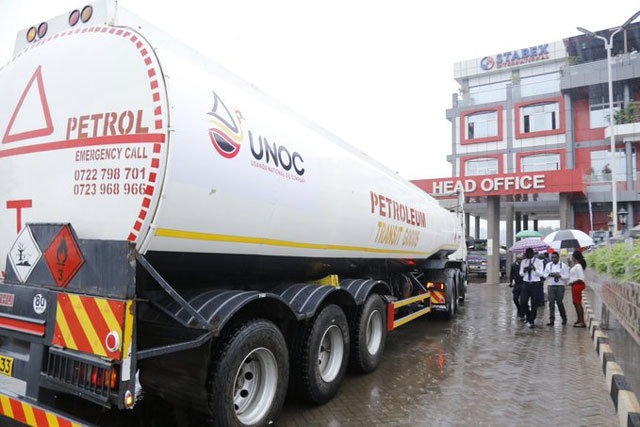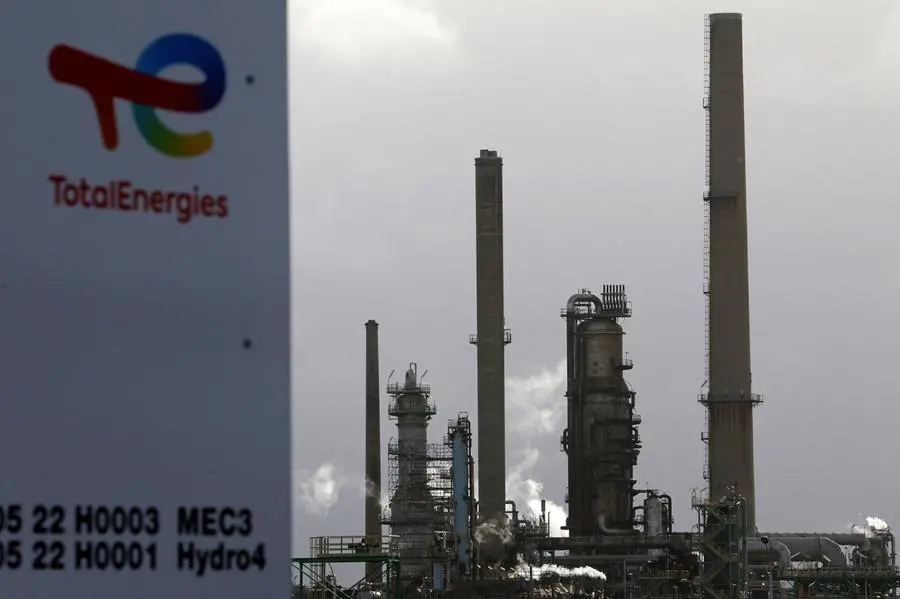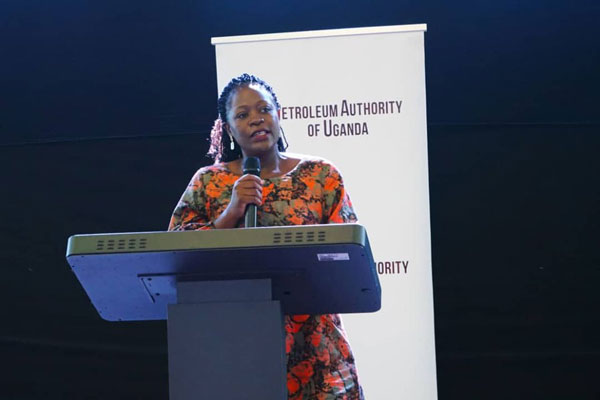Uganda’s President Yoweri Museveni faces setbacks in using Kenya’s port of Mombasa for petroleum imports, prompting discussions with Tanzania for an alternative route. Talks between technical teams from Kampala and Dar es Salaam are ongoing, focusing on tax waivers, shipment volumes, and transportation methods.
President Museveni, frustrated by political and legal issues in Kenya, is keen on making the port of Dar es Salaam a primary option for fuel imports. Despite previous negotiations hitting obstacles, a technical team has been sent to Tanzania for further discussions on the petroleum importation deal.
The fuel importation deal, involving Uganda National Oil Company (Unoc) and Vitol, remains unrealized for the second month. Negotiations between the envoys appointed by Presidents Museveni and Samia Suluhu Hassan are underway, emphasizing the urgency of securing an alternative route.
Energy Minister Ruth Nankabirwa stated that it is too early to determine the timeline for approval, with ongoing negotiations covering tax waivers, shipment volumes, and transportation modes. The discussions signify Uganda’s shift towards importing about 80 percent of petroleum products through Tanzania, deviating from initial plans to rely more on Mombasa.
Dar es Salaam presents a potentially better deal, offering incentives such as 30-day free storage for Ugandan shippers and a dedicated goods shed, surpassing Mombasa’s 15-day free storage. Discussions also address challenges along the Central Corridor, aiming to optimize infrastructure for smooth delivery.
The Ugandan government, facing delays in Kenya, emphasizes the need to ensure the security of fuel supply. President Museveni previously criticized arrangements in Kenya, leading to the approval for Unoc to directly import fuel, reducing inefficiencies and addressing pricing concerns.
As Uganda explores alternative routes, the country’s petroleum consumption, over 90 percent of which traditionally comes through Mombasa, is expected to increase through Dar es Salaam. The negotiations aim to finalize agreements on tax waivers, infrastructure optimization, and other requirements for efficient imports to Uganda.



















